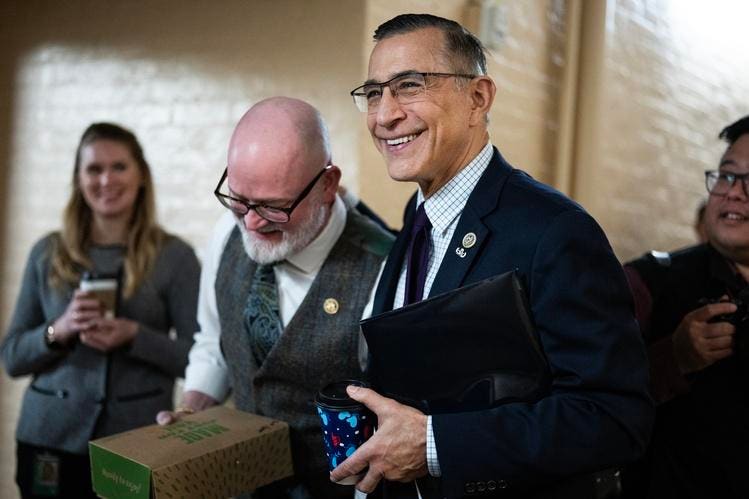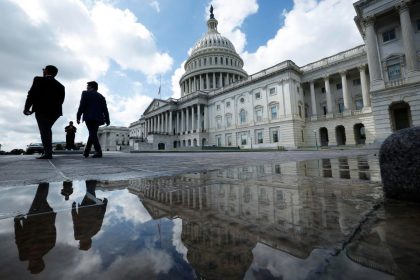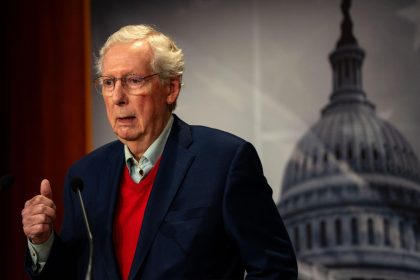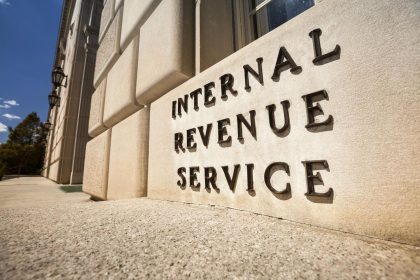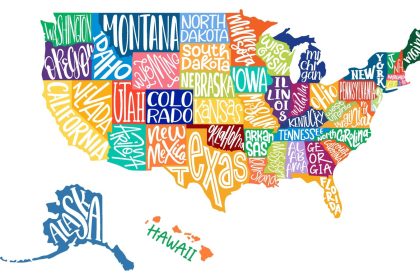The proposed Pro Codes Act has sparked debate. In tax circles the discussion has centered particularly around its implications for tax policy and legal accessibility. In simple terms, the Act would allow elements of the law to be copyrighted by standards development organizations (SDOs).
This arcane technical change carries with it substantial risks to taxpayer rights and the principle of open law—with profound consequences for the transparency and accessibility of tax regulations.
The Role of SDOs
SDOs like the Financial Accounting Standards Board (FASB) play a critical role in crafting standards, such as the Generally Accepted Accounting Principles (GAAP), which are frequently incorporated into statutory and regulatory frameworks.
Under the current copyright regime, once the standards become part of the law, their copyright status becomes somewhat ambiguous: laws, being public domain materials, cannot be copyrighted. The question as to whether a copyrightable element of the law can retain its copyright once it is incorporated into a law is an open one. Currently, most legal experts resolve this ambiguity by treating those materials as quasi-public domain.
The Pro Codes Act seeks instead to resolve this ambiguity by explicitly allowing SDOs to retain copyright over their standards even after those standards are codified into law. This would mean portions of the law could be subject to copyright restrictions, impacting how these materials can be accessed, used, modified, and shared.
The Impact on Taxpayers and Professionals
One concerning aspect of the Pro Codes Act is its potential to create barriers to research and compliance. Taxpayers rely on clear and accessible information to fulfill their legal obligations. If portions of the tax code are copyrighted, taxpayers and professionals may face hurdles in accessing the full text of the laws they are required to follow. This could give rise to both increased compliance costs and legal uncertainty.
As a more concrete example, if a tax provision incorporates a copyrighted standard, anyone—legal professional or taxpayer—seeking to view or distribute this provision would need to navigate copyright permissions and, in the case of distribution, potentially pay licensing fees. This fundamentally undermines the principle that laws should be freely accessible to all and not encumbered by intellectual property concerns.
A clear example of a potential logjam created by a copyrighted law is the publication of a legal textbook. As it stands, textbook publishers needn’t be overly concerned about obtaining permissions to reproduce or discuss the full text of laws. However, if the Pro Codes Act were enacted, publishers might face new hurdles in securing copyright clearances for any standards incorporated into the law.
Access to Justice
The concept of any individual or entity “owning the law” is antithetical to democratic principles as it necessarily makes laws more difficult to access. This means the law is inherently less fair and equitable and individuals and organizations with greater resources will find it easier to navigate these copyright restrictions. As a consequence, a subset of the population enjoys greater access to legal information.
The Pro Codes Act not only threatens general legal accessibility, but also poses significant challenges for individuals with disabilities and their advocates. For example, those with limited sight rely on accessible formats that may not always be provided by default.
If copyright restrictions limit the ability to modify or “remix” these laws into accessible formats, it effectively denies these individuals the same access to legal information as others. Ensuring the law is freely adaptable into various accessible formats is crucial to upholding equity and justice.
Pushback
The proposed Act has not gone unchallenged, advocacy groups like the Electronic Frontier Foundation (EFF) and the Center for Democracy and Technology (CDT) have voiced strong opposition.
The EFF has launched campaigns urging citizens to contact their representatives and oppose the Act. They argue, as above, that the law should remain a public good, freely accessible to all and not subject to private ownership of any kind.
The CDT has also echoed these concerns, emphasizing that the Pro Codes Act would set a dangerous precedent. They argue the Act could lead to a broader erosion of public access to legal materials.
As of now, the Pro Codes Act remains in committee but it continues to be a topic of debate. The outcome represents a critical juncture at the intersection of intellectual property and justice.
Proponents of the Act argue for the protection of SDOs’ intellectual property—but the broader implications for legal transparency and taxpayer rights cannot be ignored. All individuals subject to the law have a fundamental right to know and understand what they must comply with—any legislation that threatens this right should be opposed.
Read the full article here

